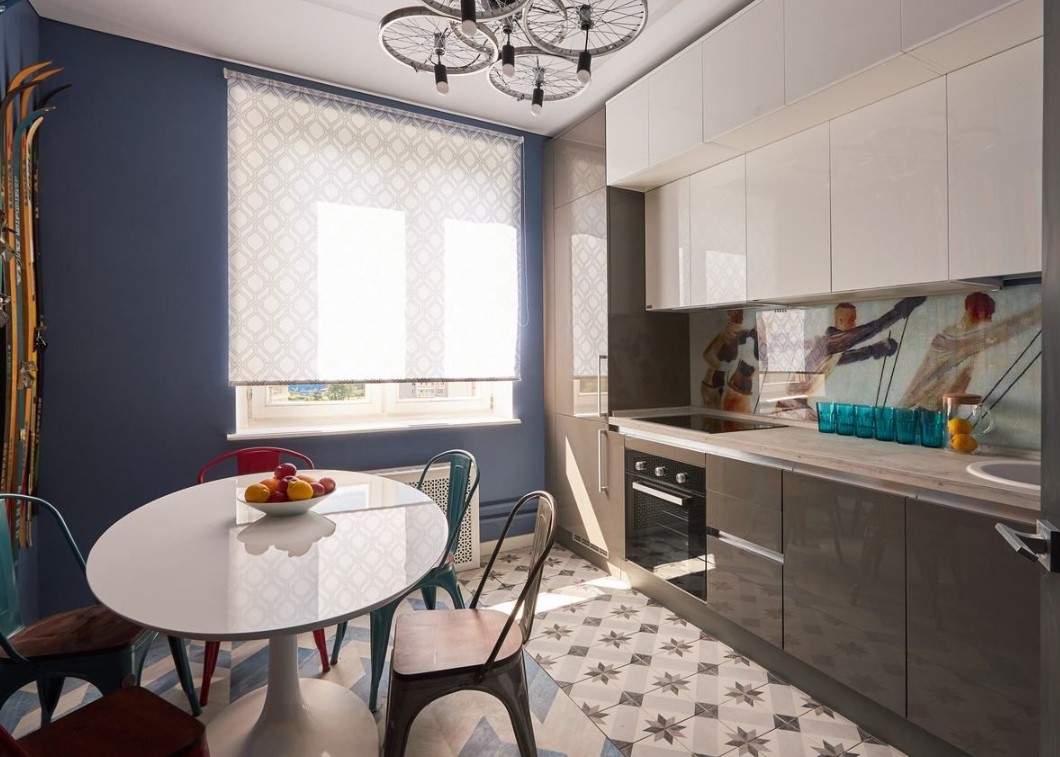
Culinary Spaces Redefined: Revolutionizing the Heart of the Home
The kitchen, long the heart of the home, is undergoing a revolution that is redefining its role and design in modern living spaces. As culinary interests and entertainment styles evolve, so too do the requirements and expectations of this pivotal space. This shift goes beyond mere aesthetics or appliance upgrades; it embodies a rethinking of the kitchen's entire function and its integration with living areas.
Breaking Down Traditional Barriers
Gone are the days when kitchens were isolated, utilitarian zones hidden from guests and separated from dining and living rooms. Open-plan designs are breaking down the barriers, integrating the kitchen into the flow of home life. This encourages greater interaction between hosts and guests and allows the joy of meal preparation to be shared. The modern culinary space is not just for cooking but for living, learning, and coming together. This transformation calls for innovative layouts and flexible design elements that cater to a socially inclusive atmosphere.
Technological Integration and Innovation
With the rise of smart home technology, kitchens are becoming command centers of culinary and technological expertise. Smart refrigerators, ovens, and other appliances can now be controlled remotely, and can even provide feedback and guidance to aid the cooking process. Integration with personal devices allows for recipes to be displayed conveniently, grocery orders to be placed immediately when supplies run low, and for overall management of the home's consumable resources. This increase in connectivity within the culinary space makes cooking an efficient, informed, and enjoyable experience.
The Aesthetic of Functionality
The modern kitchen is a testament to the aesthetic of functionality. Every tool, appliance, and piece of furniture is chosen not only for its specific purpose but also for its contribution to the overall design. Clean lines and uncluttered spaces are the hallmarks of contemporary culinary spaces, reflecting a minimalist trend that values simplicity and ease of movement. Materials like stainless steel, concrete, and natural stone, once predominantly found in professional kitchens, are now making their way into homes, which speaks to a desire for industrial efficiency combined with residential warmth.
Environmental Considerations and Sustainability
Today's home chefs are increasingly environmentally conscious, and this is reflected in the design of modern kitchens. Energy-efficient appliances, water-conserving fixtures, and sustainable materials are becoming the standard. The incorporation of indoor herb gardens and composting solutions emphasizes a reconnection with food sources and a closed-loop approach to waste. The redefined culinary space is not just about preparing food, but about understanding and respecting its origins and impact on the environment.
The Personalized Culinary Space
Finally, the redefined kitchen acknowledges the unique needs and preferences of each individual or family. From the avid baker requiring specialized storage for baking supplies to the passionate host who desires a well-equipped bar area, personalization is key. Customizable and adaptable storage solutions, along with modular systems that can change as needs evolve, ensure that the culinary space can support a multitude of culinary endeavors and adapt to life's changing seasons.
In conclusion, the kitchen of today is a celebration of culinary passion, technological advancement, aesthetic sensibility, environmental responsibility, and personal expression. As we continue to redefine this space, we anticipate a future where the kitchen is not merely a room in a house but a living, breathing testament to our cultural and personal identities.